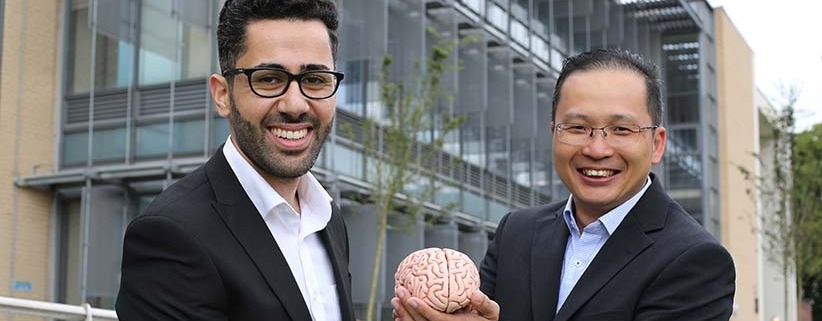UU researchers make step towards self-aware artificial intelligence
Ulster University researchers have developed a pioneering new computational model that could be used by developers to make self-aware machines.
The Intelligent Systems Research Centre (ISRC) at the university’s Magee campus has created the world’s first biologically motivated, computational model which can quantify decision uncertainty and explain its effects on change-of-mind during decision-making processing.
Numerous top technology companies are using some form of artificial intelligence (AI) in fields such as advertising technology, manufacturing, cybersecurity, and healthcare.
AI systems encompass machine learning techniques and powerful computational resources to create predictive models by processing complex and large data. However, they lack a key component essential to human intelligence and effective decision making: self-awareness.
At the ISRC, new research on biologically-inspired algorithms has been advancing beyond standard AI algorithms.
This exciting new work in Computational Neuroscience has shown for the first time that neural network models can be equipped with metacognition or self-awareness of their own actions and choices.
The computer model can not only mimic brain activity observed in humans and some animals, but also replicate change-of-mind and error correction behaviour, which require “on-the-fly” metacognitive processing.
Senior author and researcher of the research work, Dr KongFatt Wong-Lin, said: “Our research has revealed the plausible brain circuit mechanisms underlying how we calculate decision uncertainty, which could in turn influence or bias our actions, such as change-of-mind.”
He added: “We are perhaps closer than ever before to creating self-aware machines than we have previously thought. Real-time monitoring of decision confidence in artificial neural networks could also potentially allow better interpretability of the decisions and actions made by these algorithms, thereby leading to more responsible and trustworthy AI.”
Mr Nadim Atiya, lead author of the paper and a PhD researcher at the ISRC, added: “Our research work could also form the basis towards understanding brain disorders such as obsessive-compulsive disorder (OCD) and addiction, in which metacognitive abilities are impaired.”
The researchers are now working with cognitive scientists and brain scientists to further develop their computer model, while creating conscious machines that are self-aware of their actions and decisions, making AI and machines more intelligent and interpretable.
The research can be viewed here.




Leave a Reply
Want to join the discussion?Feel free to contribute!